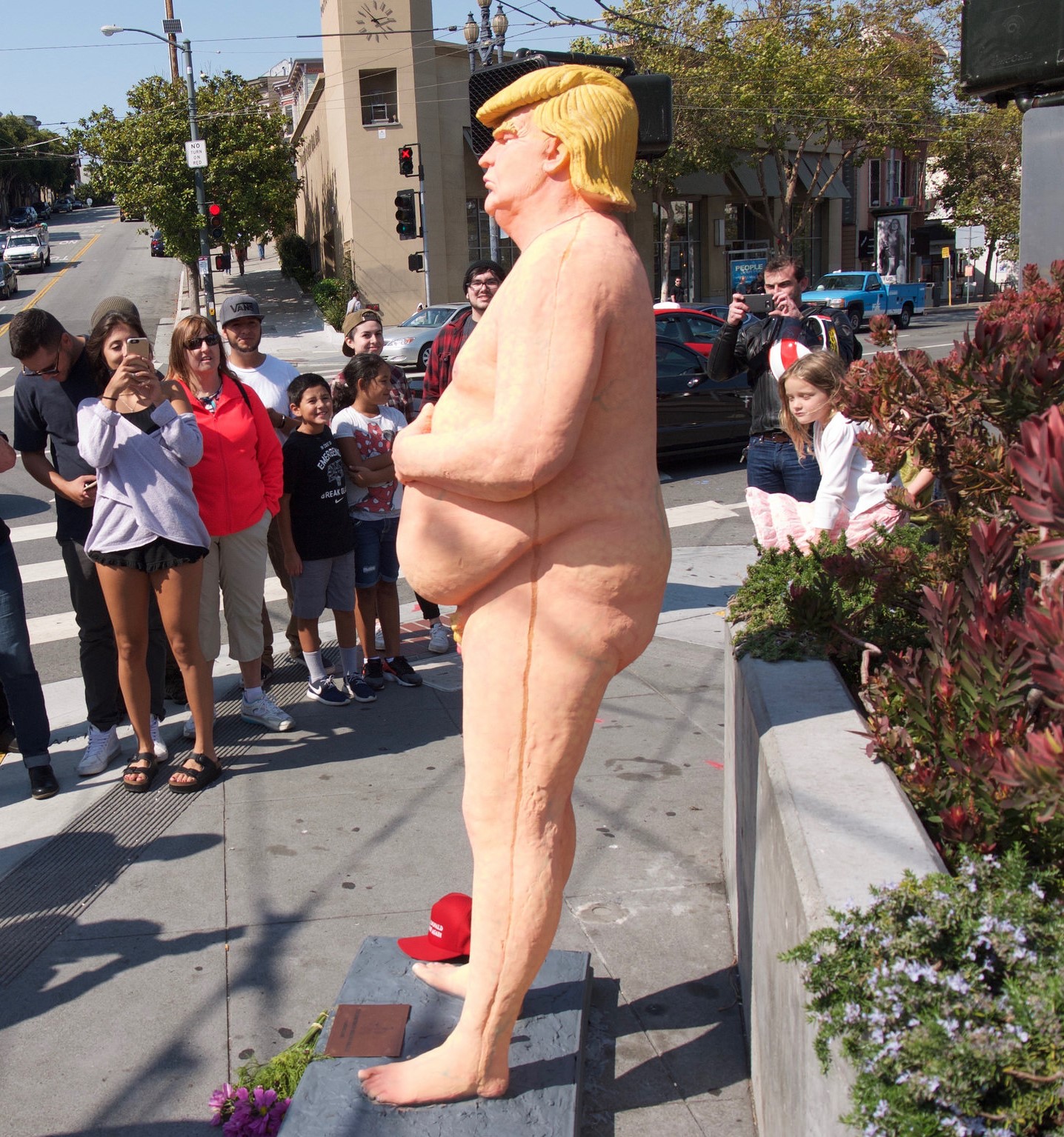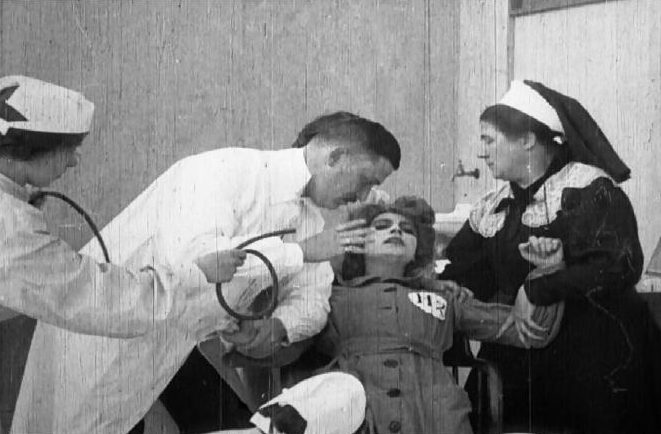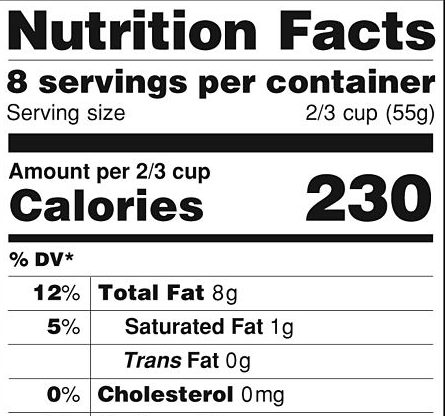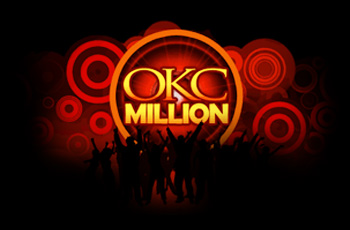Donald Trump and the Shaming of the Fat American

The American president-elect’s contempt for women he finds unappealing is by now pretty well known. “Fat. Pig. Dog. Slob. Disgusting animal. These are just some of the names that Donald Trump has called women over the years.” But Trump’s fat shaming is not completely gender biased. As the typical image of the computer geek is male, many assumed that the anonymous hypothetical “400-pound hacker,” who Trump said might have released emails from the Democratic National Committee, was also male. Observations that Trump himself is fat – perhaps “too fat to be president” – as well as seemingly ignorant, merely generated predictable charges of hypocrisy and exercises in reverse fat-shaming. The cable television channel Comedy Central even offered an election day…



